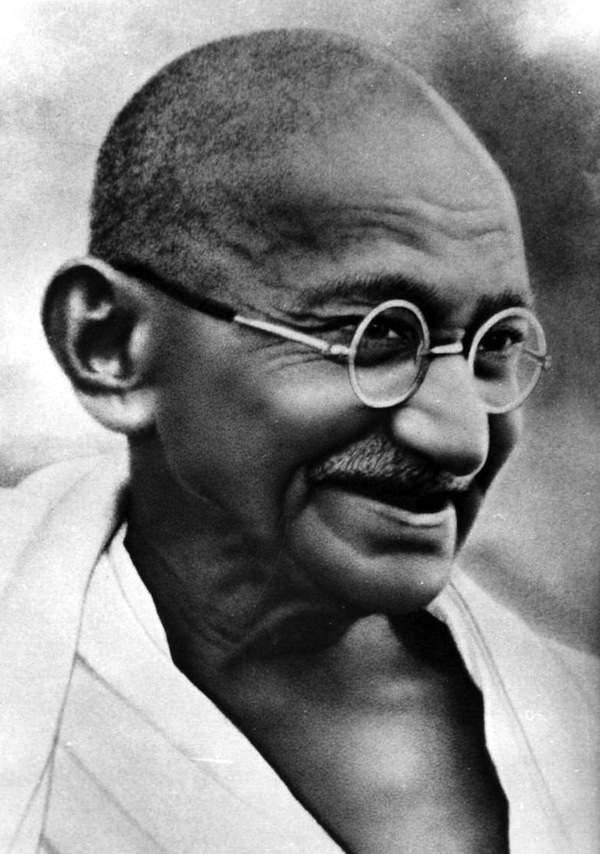The Mahatma Gandhi Oration: Is Gandhi relevant today?
In November last year the New York Metropolitan Opera showcased its production of Gandhi- an opera by Philip Glass on Mahatma Gandhi’s struggle in South Africa. Though there were mixed reviews about Glass’s western classical rendition of the Bhaghavad Gita, the Met’s opera production was quite extraordinary. Every time the opera was performed, there was a small group of protestors from the Occupy Wall Street movement seated outside the Opera house repeating Gandhian slogans that they felt had relevance to their struggle. Since they were denied the use of loudspeakers, they just repeated what the main speaker had to say in a loud chorus. Even in those cold autumn days in a weary New York City, hard hit by the financial crisis, the Mahatma was remembered. His message will have a continuing relevance for all those who wish to change or transform society through the power of non violence.
In recent years the Mahatma has been receiving a bad press. Biographies and films have revealed that perhaps the Mahatma had a more unusual private life and a more complex family life than earlier imagined. These stories must come out and Gandhi must be judged only after we know the whole truth about him but his message to the world will continue to thrive despite his own personal shortcomings. This message which exalts non violence as a means as well as an end and which asks that politics be based on Sat or truth is a universal message that has found resonance in diverse cultures. His belief that sacrifice and moral action releases the forces of good, enabling transformation of self and society is summed up in the term satyagraha, a foundational belief of his political movement. It questioned the practice among politicians and government officials alike that politics is about manipulation and realist preoccupation with a balance of power. His ideas of non violence, of not humiliating the enemy, of social justice and of self sacrifice have inspired successive generations. It is a philosophy that values human beings and bases human interaction in a bond of mutual self respect.


